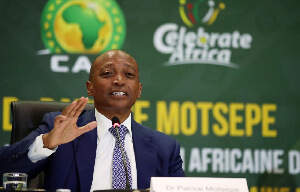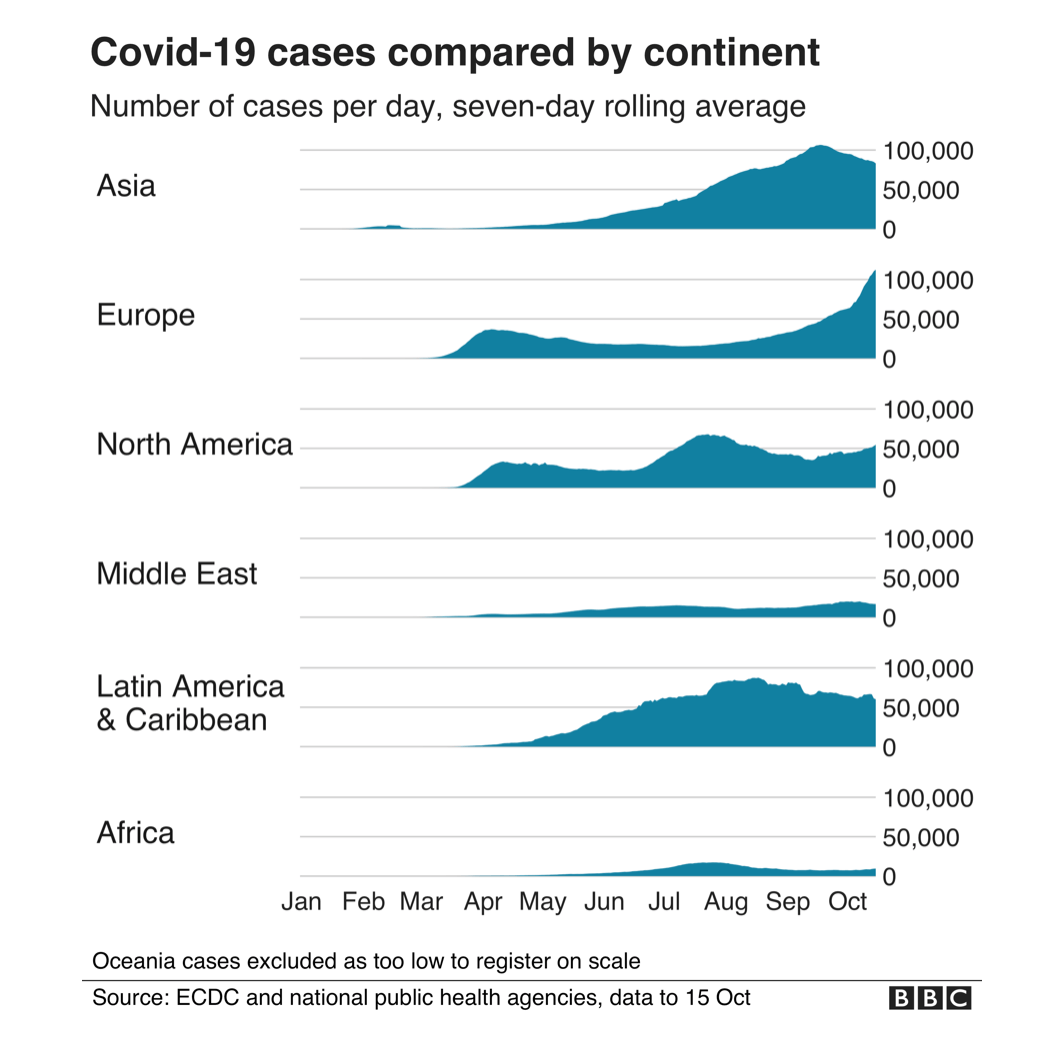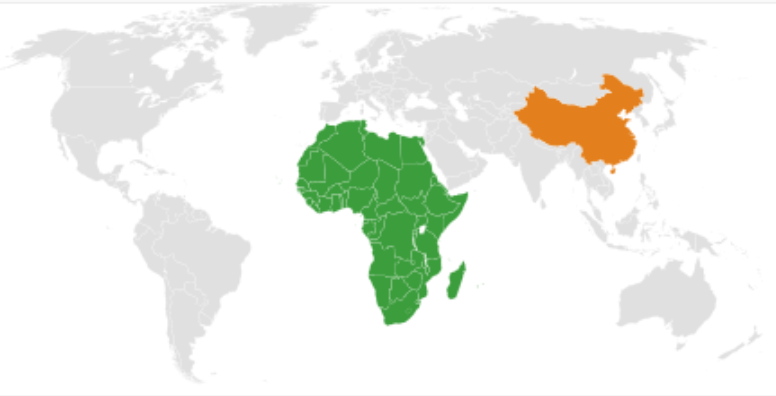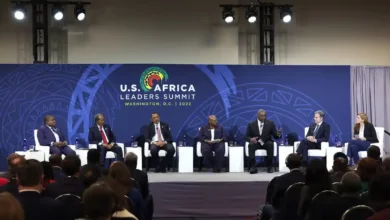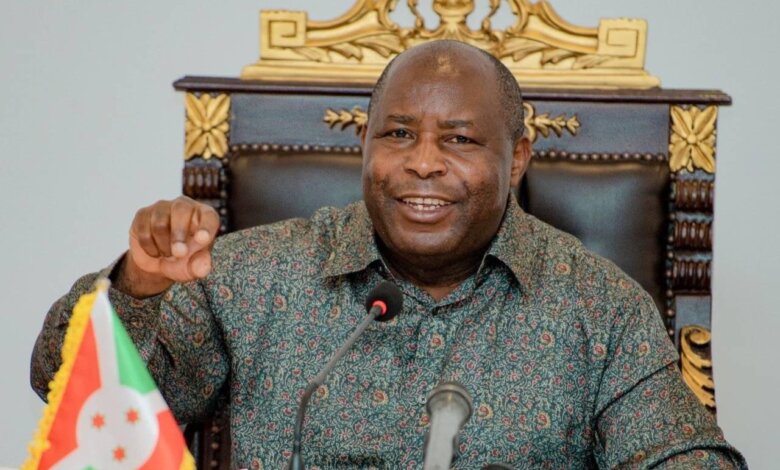
Burundi has decided to adopt a new development model in order to accelerate its progress towards emergence and development. This model, called Vision “Burundi, an Emerging Country by 2040 and a Developed Country by 2060,” serves as the framework for a medium and long-term economic and social policy.
It aligns with the African Union’s Agenda 2063, “The Africa we want,” and the Sustainable Development Goals (SDG 2016-2030) to which Burundi has committed. The Vision of Burundi as an emerging country by 2040 and a developed country by 2060 is an ambitious process of national transformation that requires a fundamental change in mentalities and traditional governance practices.
This transformation will be based on a centralized implementation framework, continuous monitoring, flexible and rapid decision-making, regulatory acts, and proactive public management.
The Vision constitutes a national guiding document, a roadmap for the economic and social development of Burundi, which will serve both current and future generations according to the country’s administration. It anticipates that every Burundian citizen must bet on a better future and be a real actor of change for the emergence of the country.
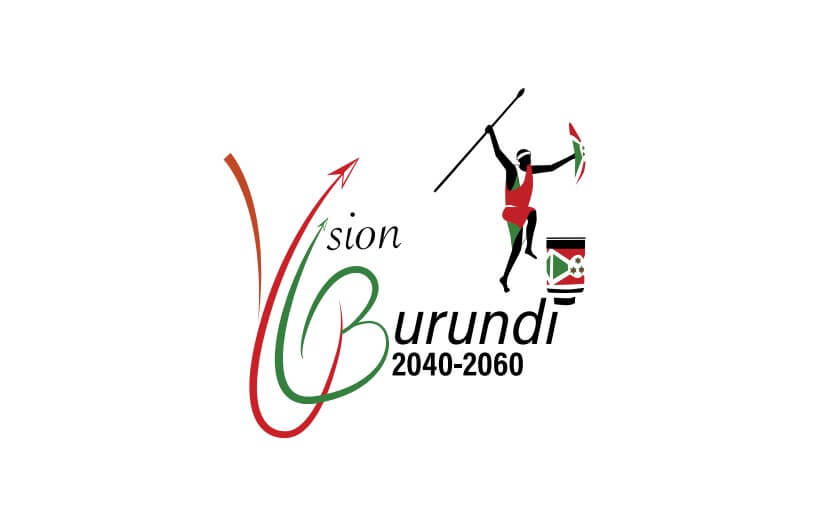
The Vision is stated as follows: “By 2040, Burundi shall be a peaceful country, where everyone lives in decent condition, where no one dies from preventable causes, with a competitive economy driven by the high value-added agribusiness and industrial sectors alongside mining for the benefit of society, all within a preserved natural environment and with consideration of gender and equity.”
Pillars and potentials
The Vision is structured around five closely linked Pillars of Emergence, which entail: State Commitment, Economic Efficiency, Social Equity, Sustainable Ecology and Heritage, and Fruitful Partnerships. Their realization will rely on 9 Impact Indicators, 22 Strategic Objectives, and 102 Effect Indicators.
The pivotal objective of the Vision is to increase the production of goods and services and incomes, reduce and eliminate inequalities of all kinds, and significantly improve the level of well-being of the Burundian people.
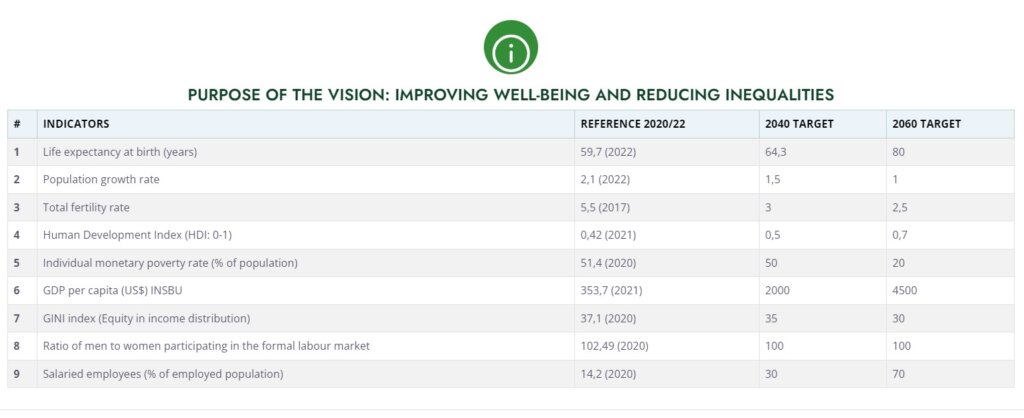
To accelerate its path towards emergence, Burundi will need to leverage its potentials, and available opportunities to drive structural transformation and sustained economic growth.
In terms of potentials, Burundi will need to capitalize on its strengths, which include: a young population; untapped energy sources (rivers, solar, wind, etc.); unprocessed agricultural production; abundant mineral resources not yet exploited; and a very rich and undeveloped cultural, historical, and natural heritage.
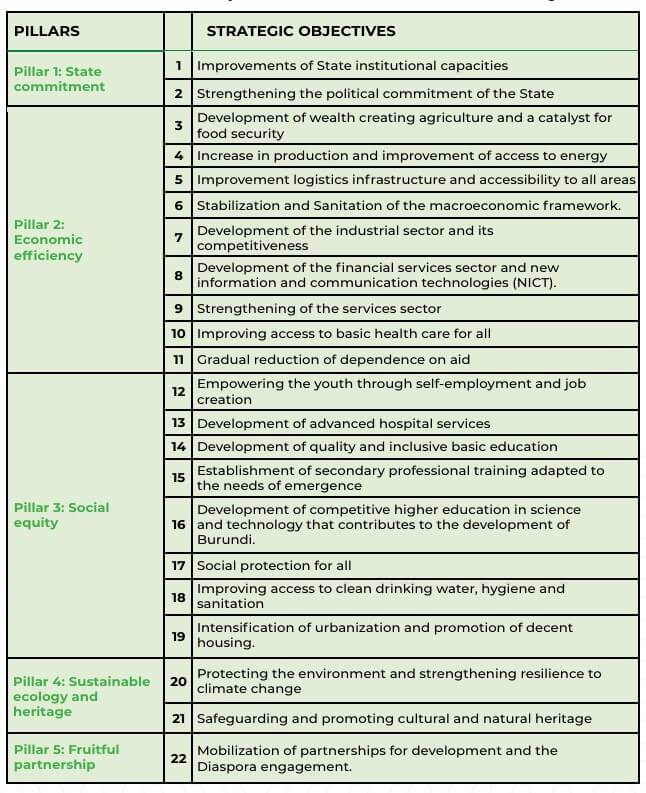
The implementation of the Vision will keep Burundi in line with the priorities of the United Nations’ Agenda 2030, the African Union’s Agenda 2063, the East African Community’s Vision 2050, Burundi National Transformation Strategy (revised NDP), sector strategies, and the communal plan for community development (PCDC).
“If the vision is to be successfully implemented, it must be owned by all, so as to strengthen the participation and commitment of all citizens, civil societies, the private sector, non-governmental organizations, the international community, and our development partners. The successful implementation of this vision will also require the existence of an enabling environment that guarantees peace and political stability,” said Évariste Ndayishimiye, President of Burundi.
“Burundi will therefore continue to be at the forefront of efforts to create a collective security framework based on the relevant regional defence and security protocols. We invite every Burundian to bet on a better future and become true agents of change for the emergence of our country and, consequently, its development. Under these conditions, we have no doubt that ‘Burundi Vision: an Emerging Country by 2040 and a Developed Country by 2060’ will lead the Burundian people towards prosperity, because, ‘Together, all is possible,’” he emphasised.
Source: Vision 2040–2060
Oral Ofori is Founder and Publisher at www.TheAfricanDream.net, a digital storyteller and producer, and also an information and research consultant.

